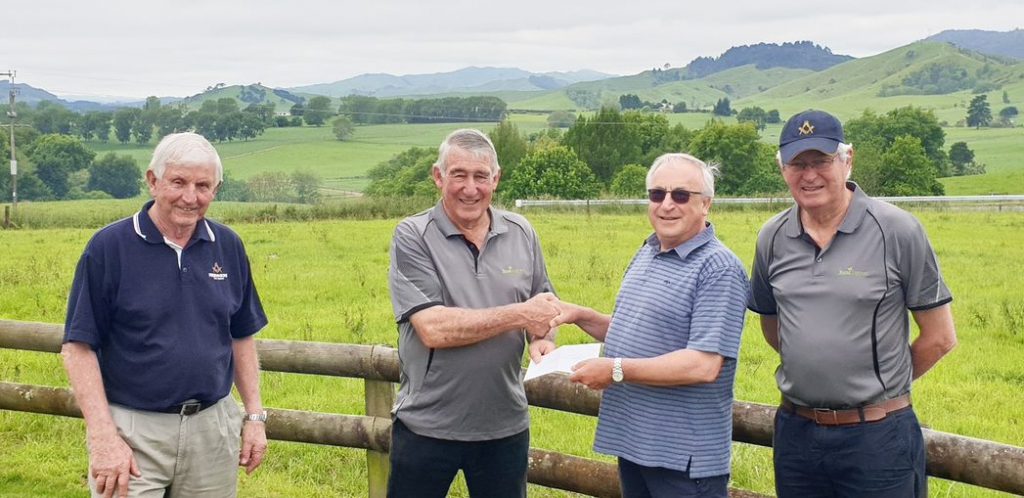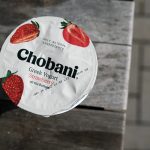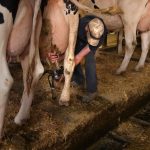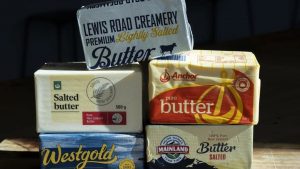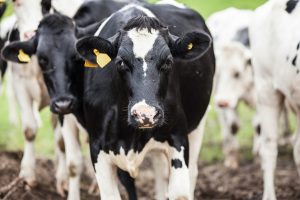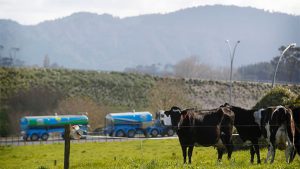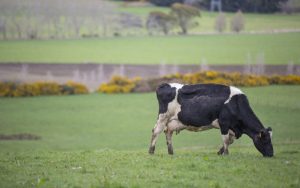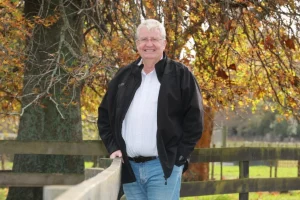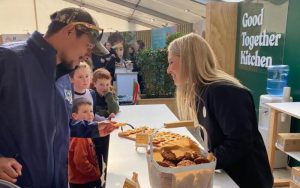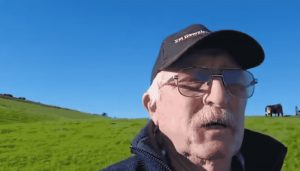
“Farmers aren’t making money, and the Rural Support Trust is busier than ever,” Federated Farmers Waikato president Keith Holmes says.
Waikato Rural Support Trust Chair Neil Bateup confirmed calls to the trust in September were up 15 per cent on 2023, which had been up a similar amount from 2022.
Farmers called the trust to discuss employment issues, financial matters, mental health, stress, and other issues.
“We lend an ear,” said Bateup.
Holmes said Waikato Federated Farmers was deeply worried – and focussed on getting profitability back into farming and for farmers.
“Returns and product prices will always be in the media headlines. However, it is the insidious, rampant increase in costs that has destroyed the viability of our farming enterprises.
Holmes, a former Karāpiro dairy farmer turned sheep, beef and cropping farmer, said a $2 per kilogram of milk solids increase in dairy farm operational costs over seven years had sucked the innards out of dairy farming. Arable, beef and sheep farming operations had fared no better.
“Farming must have profit to reinvest, to pay staff and keep the banks off our backs. The stupid narrative of ‘breaking-even’ must stop. Breaking-even is merely sliding into inevitable foreclosure. The narrative needs to be that ‘profit is healthy and necessary’ to drive both our own businesses and the greater Waikato economy.”
Holmes said Waikato Federated Farmers was fully committed to rolling back the colossus of stultifying costs, such as unnecessary compliance, unnecessary data collection, and driving bureaucratic efficiencies.
“We have and will continue to interface with Waikato Regional Council, in an effort so far successfully to work with them to reduce costs and create mutual understanding.”
Holmes said members had to think differently.
“We have so many things we have to deal with. The act of bringing it all through the chair is really not practical anymore. We have to think differently.”
Because the workload is so large, Holmes has expanded portfolios within Waikato Federated Farmers.
“Within the sectors we also have to give more autonomy for the actions and outcomes from the working groups.”
AS an example, Hamilton branch chair John Bluett had sent a submission to the Government on the future of Agricultural Education post Te Pukenga.
“The consultation was with those of us who have an interest in the subject,” he said. “I was very impressed with the submission, especially given the short time we had.”
Holmes asked members to become nimble and responsive, attaching members to interest groups.
“Democratic decision making comes in many forms – but it should never revert to the ‘sludge’ of local body consultation, with no decisions ever being made,” he said.
Holmes described the advocacy Waikato Federated Farmers participated in as selfless, demanding, and relentless, in terms of workload.
“The wins are there to be seen and coming fast,” he said.
Holmes empowered section and branch chairs to engage in member advocacy.
“I have had a discussion with Dairy vice chair Louise Gibson about what sharemilkers are doing,” he said.
The Sharefarming Consultants founder Gibson, a former Federated Farmers policy advisor, is currently focussed on ensuring contracts between farm owners and sharefarmers don’t have any fishhooks.
“We trust Waitomo branch chair Chris Irons,” Holmes said. “It’s the same with, and Arable chair Donald Stobiet.”
“We have to be careful we don’t rely too much on individuals,” Irons said.
“We have to be nimble and pull people in.”
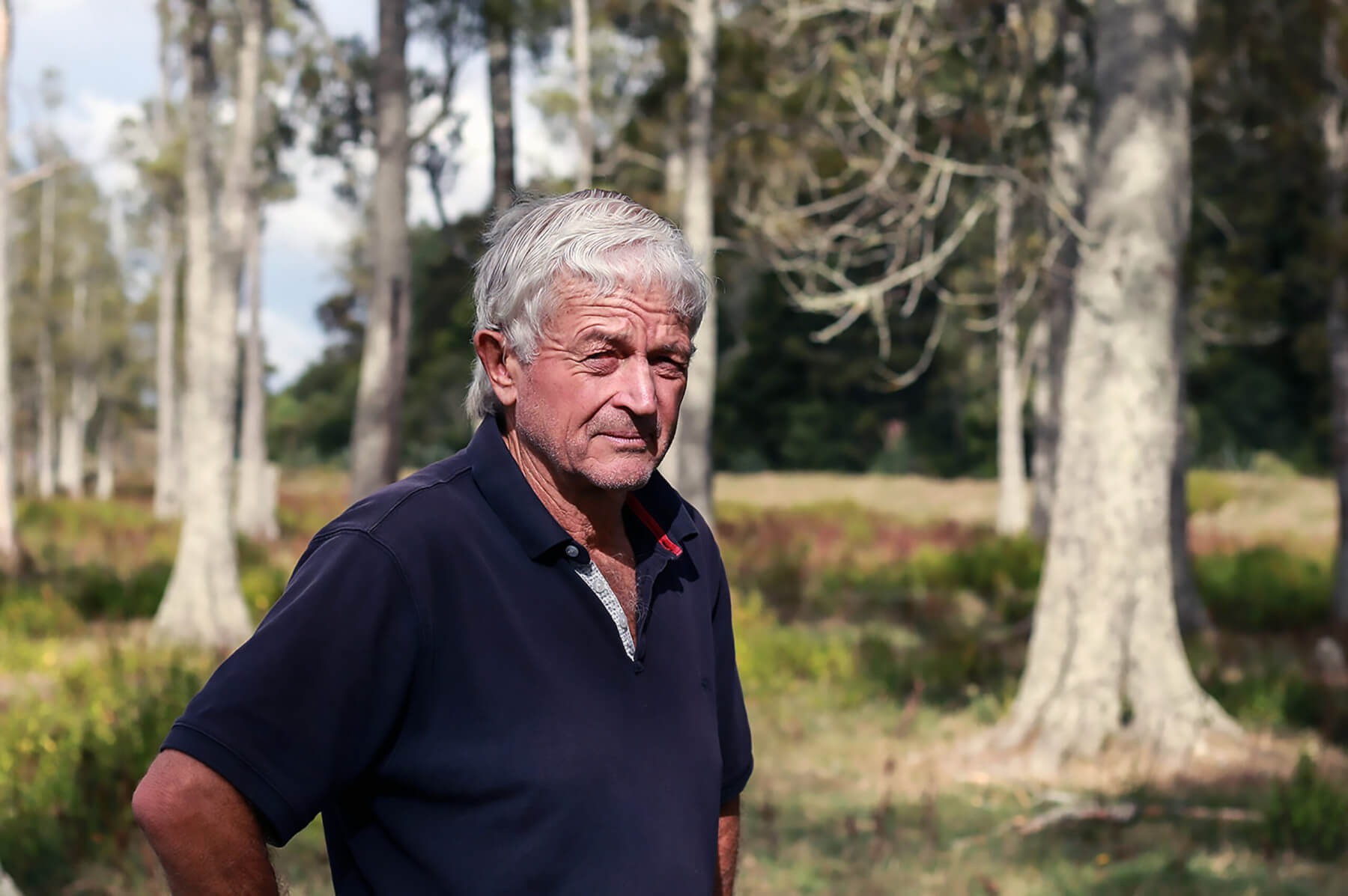
Waikato president Keith Holmes says the “stupid narrative” of breaking-even must stop.
You can now read the most important #news on #eDairyNews #Whatsapp channels!!!
🇺🇸 eDairy News INGLÊS: https://whatsapp.com/channel/0029VaKsjzGDTkJyIN6hcP1K
